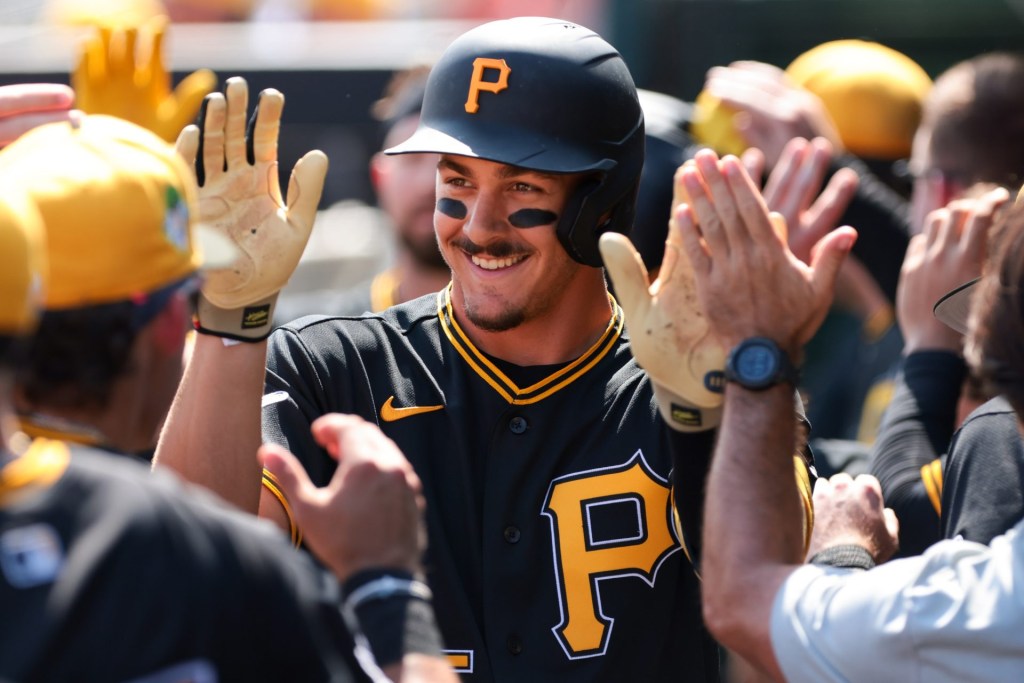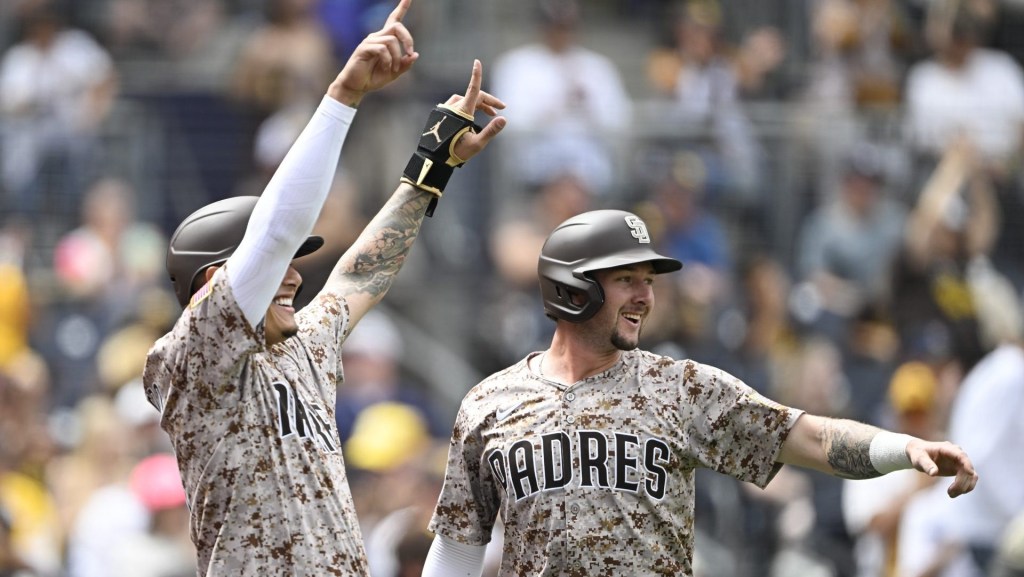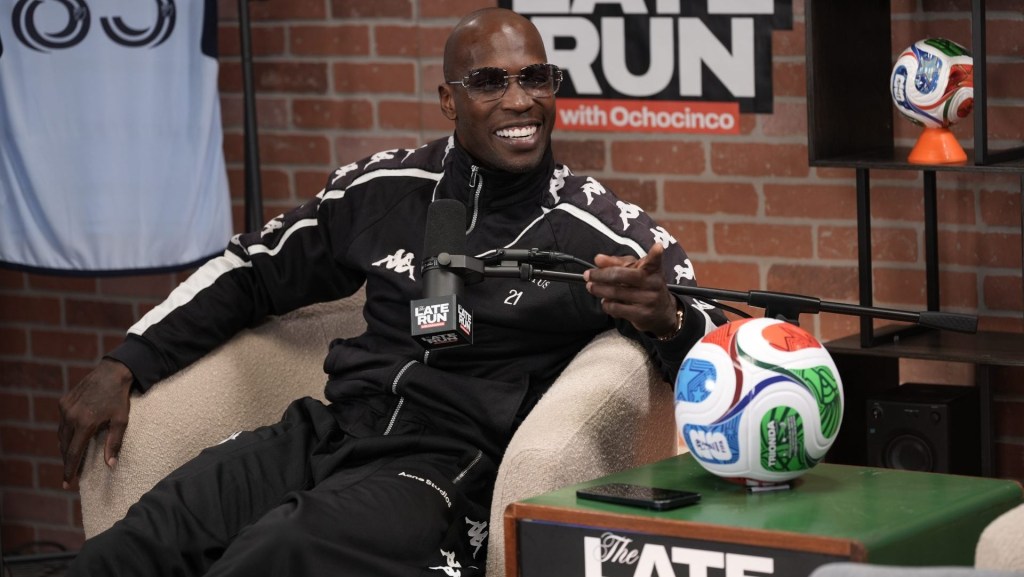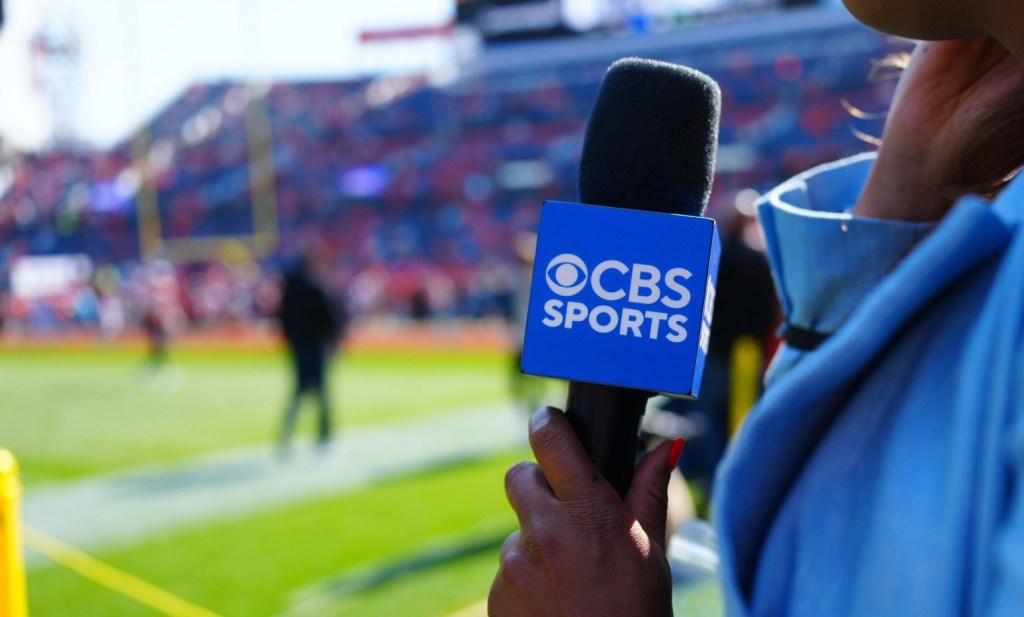One of the most tumultuous sagas in sports media has reached an endgame, at least for now, as Diamond Sports Group will exit bankruptcy after receiving court approval Thursday for its confirmation plan.
After 20 months of Chapter 11 protection, the regional sports network operator gained formal clearance to reemerge as a viable company. That path, at many points very much in doubt, became clear late Wednesday after Major League Baseball withdrew its objection to the restructuring.
“This is a pretty significant day for this company,” DSG attorney Brian Hermann said during the 90-minute hearing. “When we entered bankruptcy, I’d love to be able to tell you that I knew with confidence that we would reorganize this business. I thought we would, but I couldn’t tell for certain. We took a pretty twisted journey to get here, with a potential wind down as an option. But we are here to reorganize this business, and we are going to reorganize this business.”
Judge Christopher Lopez agreed, saying, “This case was no layup.” Ultimately, he found that DSG has a path back toward viability and called the company’s situation “a model” for how reorganization can happen, even in a tough situation with disagreeing parties. It also showed the U.S. Bankruptcy Court’s lean toward helping companies restructure themselves instead of dissolving wherever possible.
“Reorganization is a good thing,” Lopez said. “It saves jobs. It helps people see through tough times.”
Lopez also referenced the ability to still watch teams’ local games, adding, “It’s important if you’ve had a stressful day, and you want to root for your team, and go home and enjoy the game with your family.”
How Did It Happen?
There were several key building blocks in DSG’s elongated restructuring. Among them were a retooling, then a slashing of the company’s debt from nearly $9 billion at the start of its bankruptcy to about $200 million now, and a resolution of legal disputes with parent company Sinclair Inc. DSG also struck deals recently with FanDuel and Amazon that give the RSNs a new name and a big distribution pipeline.
Additionally critical was a fundamental reshaping of its programming lineup. The company is now tied to 13 NBA teams, eight NHL teams, and six MLB clubs, and each of those deals carries a pair of key components: revised rights fees and digital rights.
That pool of 27 clubs is down sharply from the 42 teams DSG aired in when it first purchased the RSNs in 2019—and shedding some of those deals came abruptly and with significant pain to those franchises and their leagues. But DSG now believes it has a properly structured business, and one much more aligned with a fast-changing and more digitally oriented media industry.
It’s also a far smaller business, as a recent analysis values the business at $600 million to $1 billion, a fraction of its $10.6 billion valuation from five years ago.
“Our plan is to transform the sports media industry,” DSG CEO David Preschlack said in his testimony.
MLB Retooling
Perhaps the most dramatic element in this case arrived the night before Thursday’s hearing where MLB not only withdrew its objection, but DSG also gained clarity that it will have revised deals for 2025 with at least six baseball teams: the Angels, Braves, Cardinals, Marlins, Rays, and Tigers. Rights talks are also still ongoing with the Royals.
“With one of the largest territories in professional sports, this agreement is an important step forward in creating more access to our games for our fans who live across Braves country,” said Atlanta president and CEO Derek Schiller of the team’s new deal.
This all marks a big shift after the league had spent the entire bankruptcy proceedings as one of DSG’s foremost critics. DSG even went so far as to invite some of the MLB clubs it initially dropped, including the Padres and Diamondbacks, to return to working with the company.
“These are incredibly different remarks than I thought I’d be making 24 hours ago,” said Andy Goldman, another DSG attorney, upon discussing the rapid run of baseball-related developments in the case.
After the hearing, MLB announced a new relationship with the Reds and will produce and distribute that team’s local games. Cincinnati was unable to strike a revised deal with DSG and sold its interest in FanDuel Sports Network Ohio back to the company for just $1. The team will join the Diamondbacks, Padres, Rockies, and most recently the Brewers, Guardians, and Twins in the league-run structure.
A fair chunk of the hearing also involved an objection from the U.S. Trustee, which oversees the administration of bankruptcy cases, on largely procedural grounds relating to third-party consent. Lopez overruled that objection.






![[Subscription Customers Only] Jun 15, 2025; Seattle, Washington, USA; Botafogo owner John Textor inside the stadium before the match during a group stage match of the 2025 FIFA Club World Cup at Lumen Field.](https://frontofficesports.com/wp-content/uploads/2026/02/USATSI_26465842_168416386_lowres-scaled.jpg?quality=100&w=1024)
![[Subscription Customers Only] Jul 13, 2025; East Rutherford, New Jersey, USA; Chelsea FC midfielder Cole Palmer (10) celebrates winning the final of the 2025 FIFA Club World Cup at MetLife Stadium](https://frontofficesports.com/wp-content/uploads/2026/02/USATSI_26636703-scaled-e1770932227605.jpg?quality=100&w=1024)









